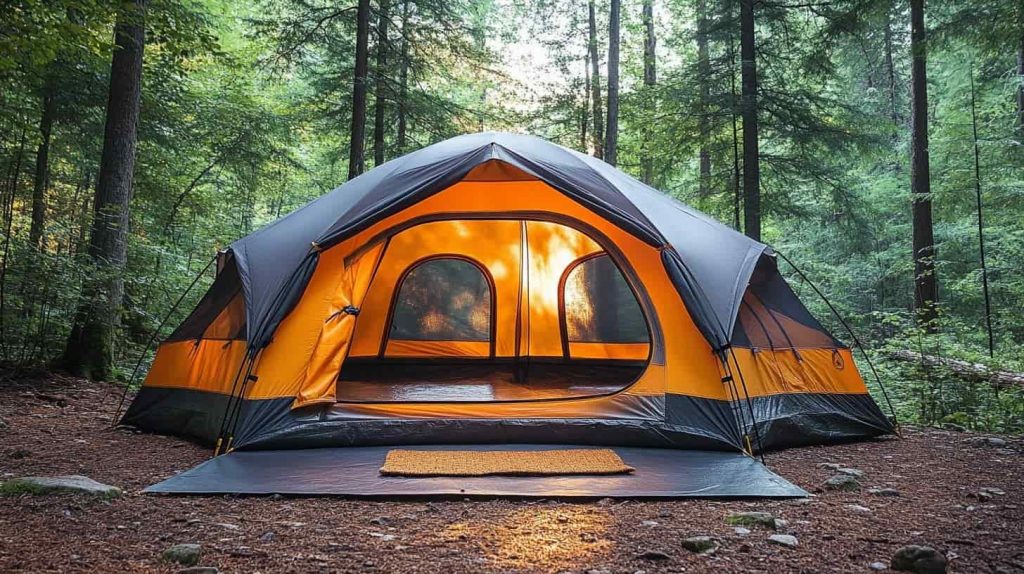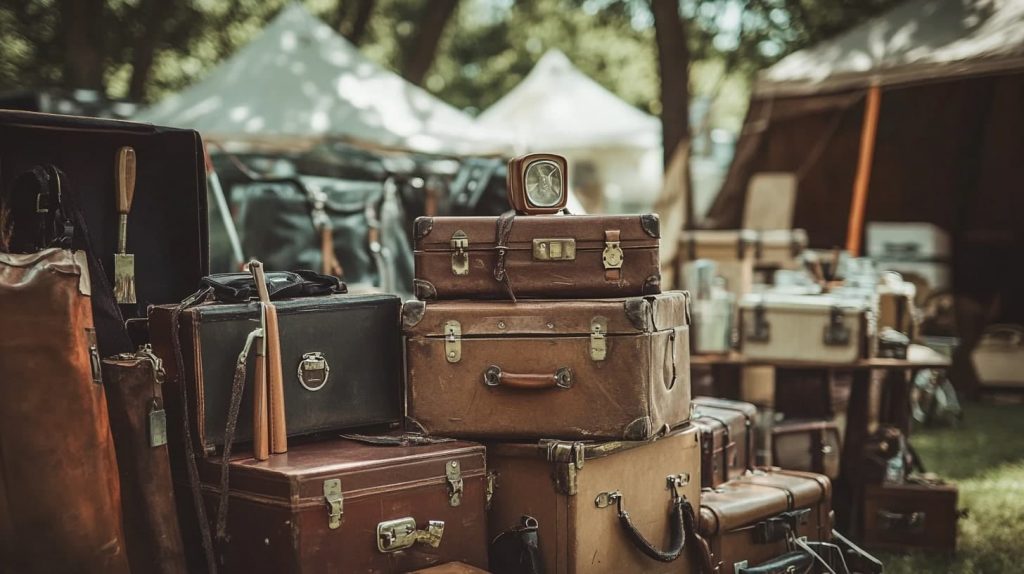Ultimate Guide to Responsible Hunting

Welcome to the Ultimate Guide to Responsible Hunting. This comprehensive resource is designed to provide both novice and seasoned hunters with insights on how to engage in this age-old practice ethically and sustainably. Hunting, when done responsibly, can be a means of conservation, helping maintain wildlife populations at healthy levels, and contributing to the balance of ecosystems. In this guide, we’ll delve into the principles of responsible hunting, its benefits, and how you can apply these practices in the field. Let’s embark on this journey together, fostering a deeper connection with nature and promoting sustainable hunting practices for future generations.
Preparing for the Hunt
Researching Local Regulations and Laws
Before you head out into the wilderness, it’s essential to thoroughly research the local regulations and laws governing hunting in your chosen location. This includes understanding the hunting seasons for different species, restrictions on hunting methods, and rules about where hunting is permitted.
Obtaining the Necessary Licenses and Permits
Once you’ve familiarized yourself with the local laws, the next step is to obtain the necessary licenses and permits. These are typically issued by a state or provincial wildlife agency. The process for obtaining a hunting license varies by location, so it’s important to check with your local wildlife agency for specific requirements.
Choosing Suitable Hunting Gear and Equipment
When it comes to hunting gear and equipment, selecting the right items can greatly enhance your hunting experience. Your choices should be guided by the type of game you’re hunting, the terrain you’ll be navigating, and the weather conditions you expect to encounter.
Practicing Shooting and Marksmanship Skills
No guide to responsible hunting would be complete without emphasizing the importance of honing your shooting and marksmanship skills. Regular practice at a shooting range can help ensure you’re able to make quick, clean, and ethical kills, reducing the potential for animal suffering.
Ethical Considerations
Respecting Wildlife and Their Habitats
As hunters, it is our duty to respect the wildlife we pursue and the habitats they inhabit. This means leaving no trace of our presence, disturbing wildlife as little as possible, and never hunting in protected areas or during breeding seasons when animals are most vulnerable.
Selecting Targets Responsibly
Responsible hunting involves carefully selecting our targets. This means only hunting mature animals that have had a chance to reproduce and contribute to the next generation. It also means avoiding animals that are rare or endangered, or whose populations are in decline.
Avoiding Unnecessary Suffering of Animals
It is the responsibility of a hunter to ensure a quick, clean kill to avoid unnecessary suffering of the animal. This requires precise shooting, something that can only be achieved with practice and knowledge of the animal’s anatomy.
Abiding by Fair Chase Principles
Fair chase principles dictate that the animal must have a fair chance to evade the hunter. This means not using methods or technologies that give the hunter an unfair advantage, such as baiting or the use of drones. Following these principles maintains the integrity of the hunt and the sporting aspect of the pursuit.
Conservation Practices
Understanding the Role of Hunting in Wildlife Management
Hunting plays a crucial role in wildlife management. It helps maintain the balance of ecosystems by controlling the population of certain species, preventing overpopulation and its associated problems such as disease outbreaks and habitat degradation. Furthermore, hunting licenses and fees contribute significantly to conservation funding, further aiding wildlife management efforts.
Supporting Habitat Preservation Efforts
Habitat preservation is a key element of sustainable hunting. As hunters, supporting these efforts can involve actions like cleaning up after ourselves, not disturbing protected areas, and advocating for the preservation of wildlife habitats in our communities. Furthermore, many hunting organizations allocate funds from membership fees and donations to habitat preservation initiatives.
Participating in Conservation Organizations and Initiatives
Conservation organizations offer numerous opportunities for hunters to contribute to sustainable hunting practices. This can include participating in conservation initiatives, attending educational programs, and contributing to research and advocacy efforts. Active participation in these organizations not only helps preserve the wildlife populations we hunt, but also fosters a community of responsible, ethical hunters.
Safety Measures
Familiarizing Oneself with Firearm Safety Rules
The first and foremost aspect of hunting responsibly is understanding and adhering to firearm safety rules. This includes always treating firearms as if they are loaded, never pointing a firearm at anything you do not intend to shoot, keeping your finger off the trigger until ready to shoot, and always being sure of your target and what’s beyond it. Regular firearm safety training is not just recommended, it’s a requirement for anyone who wishes to engage in hunting responsibly and safely.
Using Proper Hunting Techniques and Strategies
Using appropriate hunting techniques and strategies not only increases the chance of a successful hunt, but also ensures the safety and wellbeing of the hunter and the animal. This entails understanding the behavior and habits of the game species, using the right equipment, stalking or waiting patiently for the right opportunity, and aiming for a quick and clean kill to minimize suffering. Additionally, hunters should always respect private property and secured areas, and should never take a shot unless they are absolutely certain it is safe.
Communicating with Fellow Hunters and Maintaining Clear Lines of Sight
Clear and constant communication is crucial when hunting in a group. Hunters should always inform each other of their positions and movements to prevent accidental shootings. They should also establish and maintain clear lines of sight at all times, ensuring they have a full view of their target and what lies beyond before taking a shot. Using brightly colored clothing or vests can increase visibility and help prevent accidents. Synchronization and cooperation among hunters can contribute to a safer and more successful hunting experience.
After the Hunt
Proper Field Dressing and Processing of Harvested Game
Once an animal has been successfully hunted, the next crucial step is proper field dressing. This involves removing the internal organs to ensure the meat remains free from bacteria and cools quickly. Equally important is the processing of the harvested game. The animal should be skinned, butchered, and the meat stored appropriately to maintain its freshness and quality. Proper knowledge and understanding of these processes is crucial to prevent spoilage and waste.
Ethical Disposal of Waste Materials
Responsible hunting also involves the ethical disposal of waste materials. All remains that are not used, such as bones, skin, and organs, should be disposed of in a way that doesn’t harm the environment or attract scavengers to human-populated areas. Some hunters choose to leave remains in the field, far from trails and water sources, allowing them to decompose naturally and provide nutrients to the ecosystem.
Sharing the Harvest with Others and Reducing Waste
Sharing the harvested game with others is a beautiful tradition among hunters, and it also contributes to reducing waste. This is especially important when hunting larger animals, as the quantity of meat may be more than a single hunter or family can consume. Sharing the bounty with friends, family, or donating to programs that distribute game meat to those in need, is a great way to ensure nothing goes to waste.


